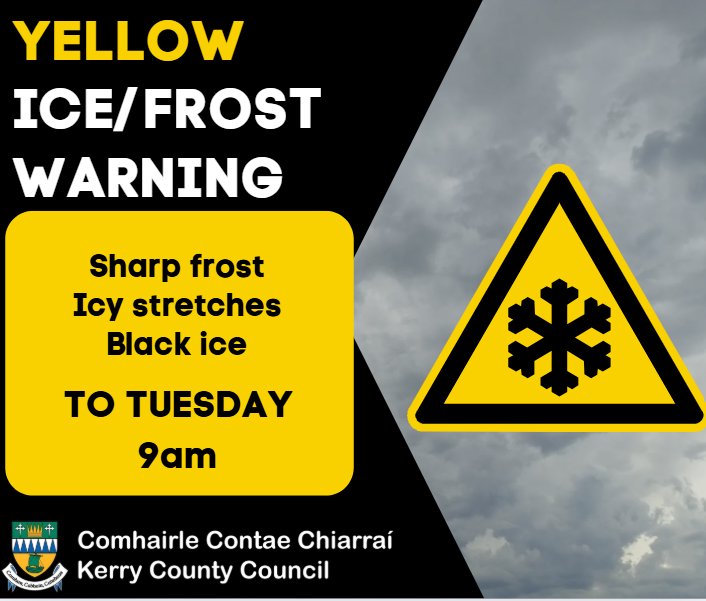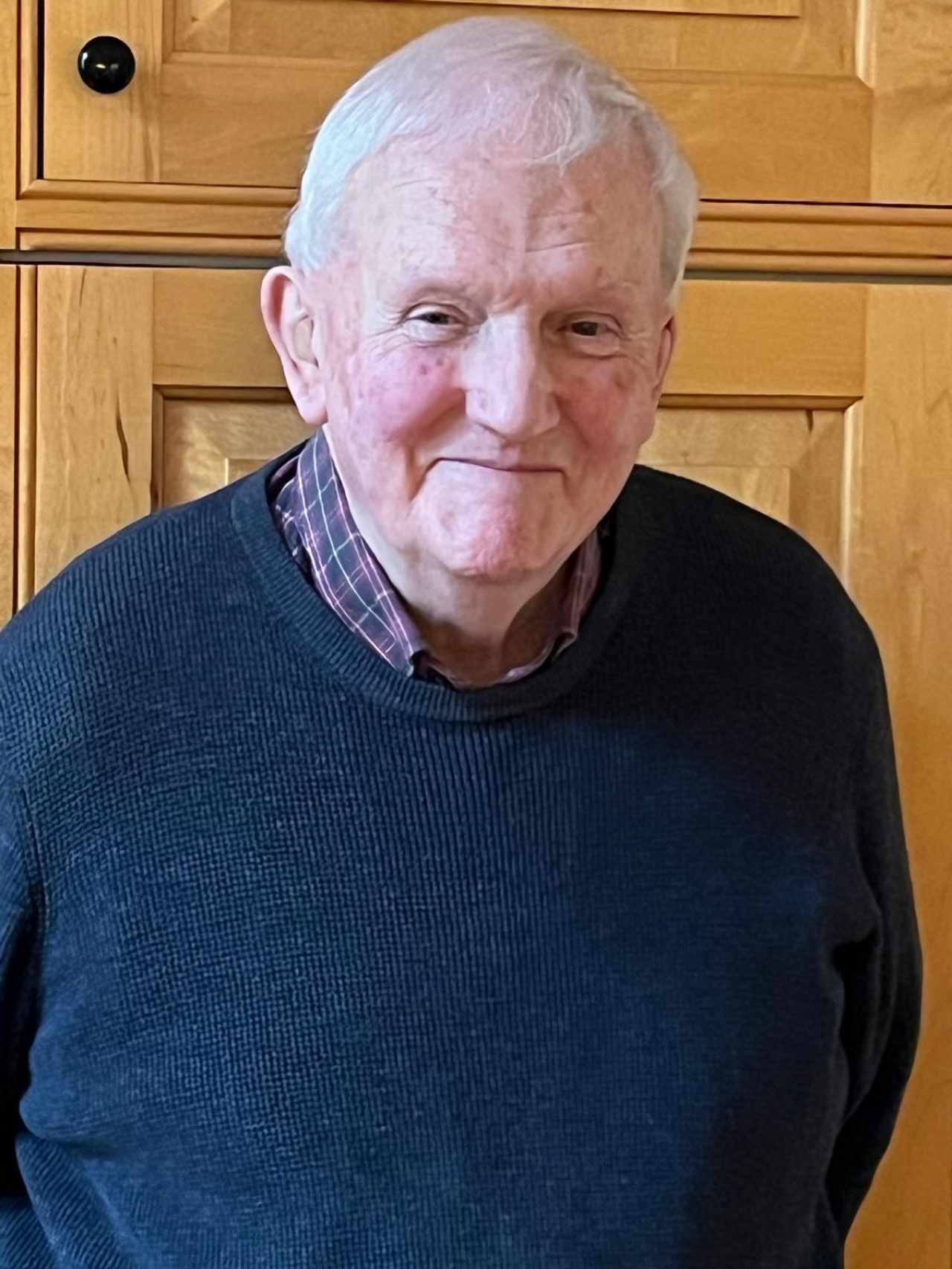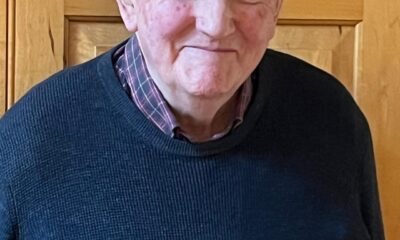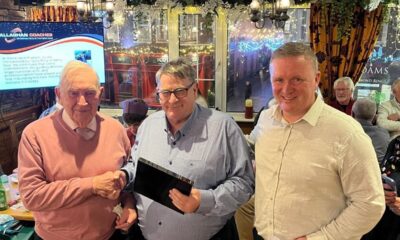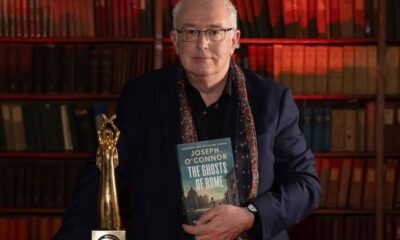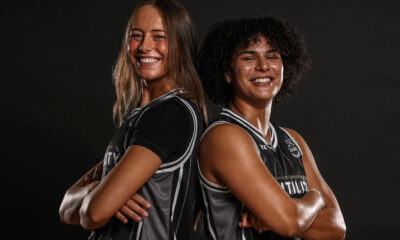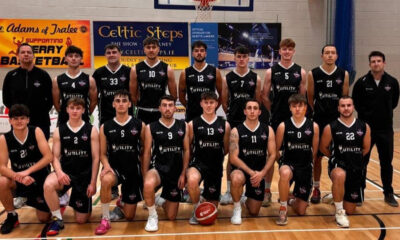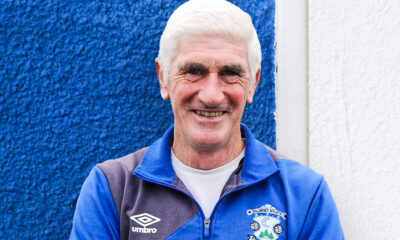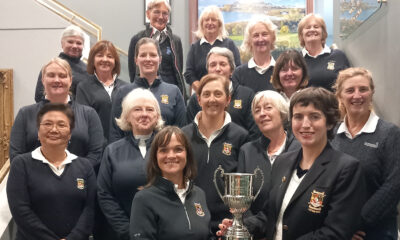News
Second rare fern discovered in National Park

Killarney National Park is still capable of revealing secrets - as two years after a new species to Europe was first discovered there - a second population of the Kerry Mousetail Fern has been discovered.
Kerry Mousetail fern (Stengrammitis myosuroides) was found in a very remote woodland in the uplands of the National Park, over 4km distant from the previously known location.
Six plants were found to be present on a vertical rockface above a stream, one of which was fully mature and producing spores. This discovery proves that this species is fully established in the Killarney National Park, and is not merely a transient colonist that will quickly disappear again.
The Kerry Mousetail Fern was first discovered in Killarney National Park in July 2019, as a new species to Europe. This species was previously found only in the Caribbean, in the tropical cloud forests of Jamaica, Cuba and the Dominican Republic, and is a member of a group of tropical ferns known as the Grammitid ferns, of which no members had been previously found in Europe, aside from in Macaronesia, a collection of four volcanic archipelagos in the North Atlantic Ocean, off the coasts of the continents of Africa and Europe.
The National Parks and Wildlife Service (NPWS) at the Department of Housing, Local Government and Heritage believe that this species arrived in Ireland without human intervention, with the most likely explanation being that its tiny spores travelled across the Atlantic on the wind and happened to land in a place where conditions were suitable for it to grow.
“It is not clear how long this species has been present in Ireland and only 40 plants were found on two rocks in one location, making it an extremely vulnerable and threatened plant,” a spokesperson said this week.
The National Parks and Wildlife Service (NPWS), in its quest to add to the knowledge of the range of species and habitats under its remit, have over the last two years embarked on a suite of taxonomic and botanical surveys in Killarney National Park, with a particular focus on niche specialists. As part of the survey scheme NPWS engaged leading specialists in a number of fields, including independent botanical researcher Dr Rory Hodd.
It is not known when the rare plant first established itself in Killarney National Park, widely regarded as one of Ireland’s richest and more diverse National Parks.
The NPWS is looking into the suggestion that it has survived undetected in the area for at least a number of years, and may not be a recent arrival, having possibly been present for decades, centuries or even longer. Due to its very small size and tendency to grow in remote areas, it would be very easily overlooked by generations of botanists.
However, the fact that it has now been found in two disparate areas means that it is very likely that the Kerry Mousetail Fern occurs elsewhere in the National Park, or further afield, as many pockets of similar habitat exist where conditions are suitable for its growth. This discovery puts to rest any doubts that may have existed about whether this enigmatic Neotropical fern can be considered a full, established member of the Irish flora.
News
Motorists urged to drive with care during frosty weather
News
Don’t ignore the signs: Billy’s heartbeat story
Billy O’Sullivan works with Heartbeat Killarney, a voluntary cardiac support group for those with heart disease. It is run by heart patients and carers, and is aimed at helping people […]

